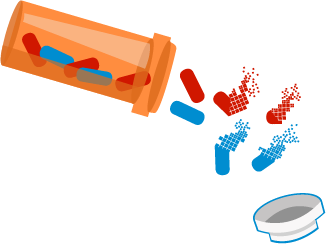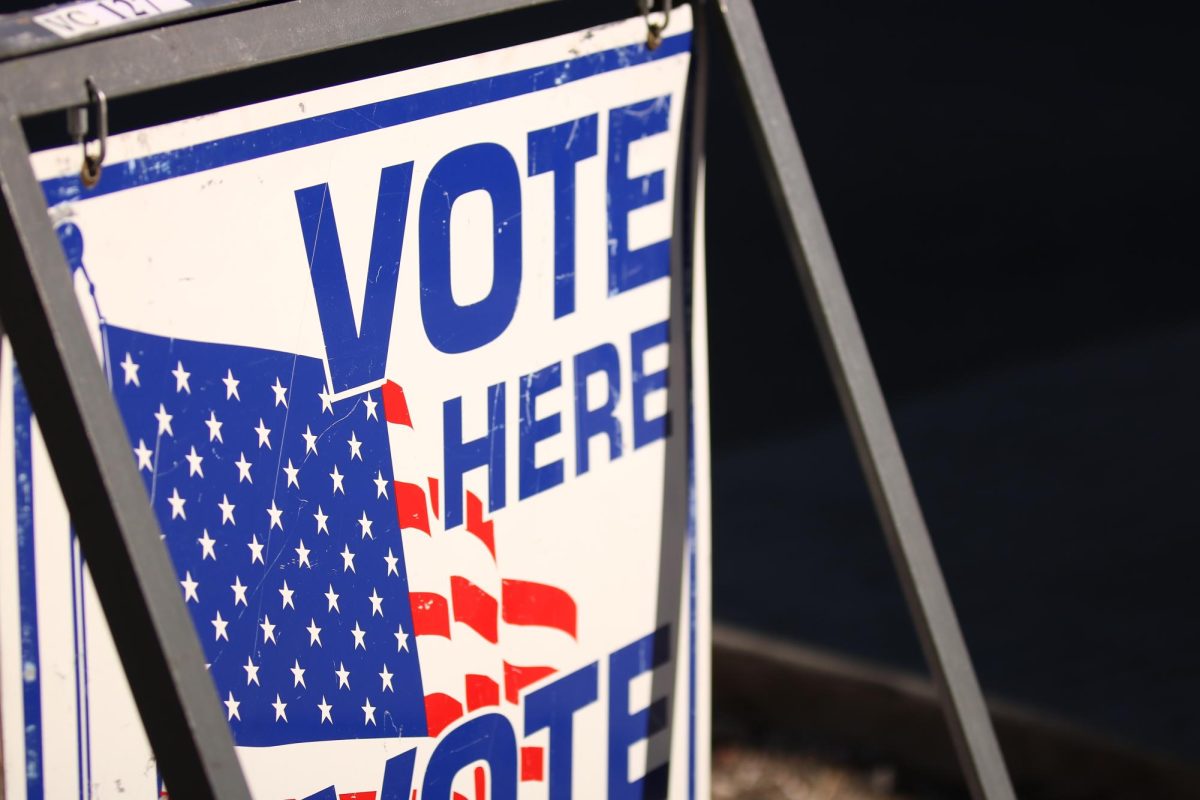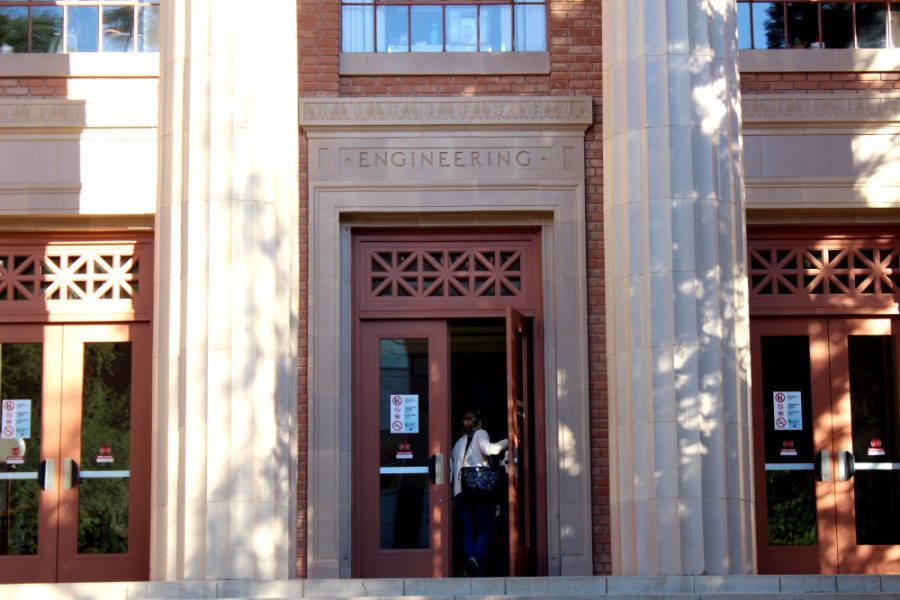The University of Arizona has received a $1.47 million grant to join the Unified Medication Assisted Treatment Targeted Engagement Response project, or U-MATTER, along with the Tucson Police Department, CODAC Health, Recovery & Wellness Inc. and Pima County to help opioid users seek treatment rather than imprisonment, according to a UA press release.
According to Josephine Korchmaros, the director of UA’s Southwest Institute for Research on Women, the project has two main purposes. The first is to assess the impact of the program by looking at how many people are involved in treatment. The second purpose looks at the implementation of the program, such as how the partners are working together and if any improvements need to be made.
The ultimate goal of U-MATTER is multi-layered.
“Of course we want to have an impact on the rates of not just opiate misuse, but the misuse of any substances and, of course, the reduction and rate of overdoses and fatalities of opioid misuse,” Korchmaros said. “We also want an increase in the number of people who are connected to and engaged in appropriate treatment and services. We hope to see improvements over time in their health and well-being.”
According to the Arizona Department of Health Services, on June 5, 2017, Gov. Doug Ducey declared a state of emergency following a record number of opioid-related deaths in 2016. From that state of emergency, plans for action such as the Opioid Action Plan and the Arizona Opioid Epidemic Act began. As a result, Ducey declared an end to the state of emergency on May 29, 2018.
RELATED: Researchers aim to treat chemotherapy side effects without opioids
Programs such as U-MATTER, however, still recognize the transformative impact they can have on the opioid crisis and how they can help those with substance misuse. Korchmaros said all of the U-MATTER partners have something to offer for the success of the project.
“We all bring different strengths, different types of expertise, and we all play different roles in trying to address the issue and improve community well-being,” Korchmaros said. “The extent of the impact we can have working together is going to be much greater than what each of us could do separately.”
Karissa Layseca, a UA junior, said she can see the good in the UA joining in on the program but also has her reservations.
“This is a cool concept. The U of A is already a big research school, so I think they have a lot of advanced resources to see if the deflection process will actually help,” Layseca said. “I kind of also think it attaches a weird connotation to the school with opioids and everything, but it is a good opportunity for the program.”
The initial deflection program began in July 2018 and was successful from the start, providing 117 people with treatment rather than imprisonment before the end of October 2018, according to the Arizona Daily Star. The Southwest Institute for Research on Women got involved in the program on Nov. 1, 2018, to evaluate the success of the project, Korchmaros said.
Since their involvement, 1,000 people have been deflected and have been connected to treatment and services, Korchmaros said.
“I think already we can see that we’ve had an impact just in terms of getting people connected, and as we move forward in the project, we’re seeing more and more evidence that that’s actually resulting in people getting connected and engaged in treatment and services,” Korchmaros said. “As we continue with the evaluation, we’ll continue to look at that and be able to have a good idea in a year or two about really how much the program has had an impact.”
Follow Lauren Rowe on Twitter









